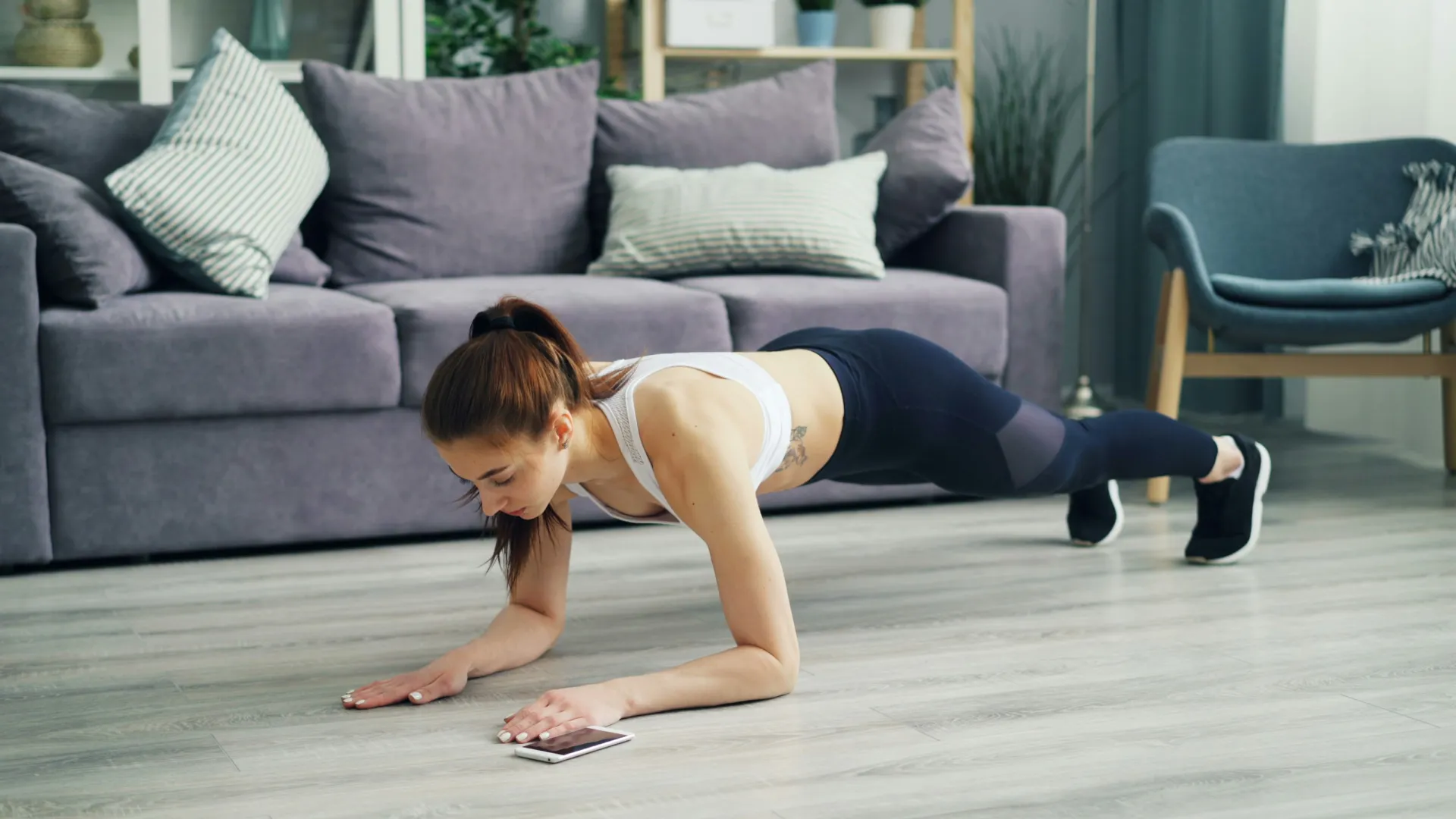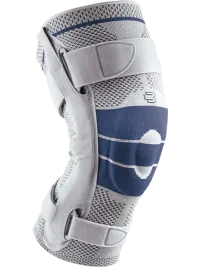
Spinal Stenosis
(Narrowing of spinal canal)
Spinal Stenosis Slowing You Down?
Spinal stenosis is a narrowing of the spaces in your spine that can pinch nerves, causing pain, tingling, numbness, or weakness. At OrthoSouth, our fellowship-trained spine team offers comprehensive care to relieve pain and restore mobility.
Symptoms may include:
- Leg or arm pain, tingling, or numbness
- Weakness in the arms, hands, or legs
- Pain that worsens with standing or walking
- Relief when sitting or bending forward
- Balance or coordination issues (cervical)
Diagnosis
Diagnosis starts with a careful history and physical exam. Our providers may check reflexes, muscle strength, walking patterns, and nerve function. Imaging tests help confirm the diagnosis and guide treatment planning.
What to Bring
- Previous imaging (MRI/X-ray) if available
- Medication and allergy list
- Insurance card and ID
Causes of spinal stenosis:
- Arthritis & aging: This is the most common cause - normal wear and tear leads to bone spurs that narrow the spinal column.
- Disc herniation: Bulging discs can encroach on nerve space.
- Thickened ligaments: Over time, spinal ligaments may stiffen and enlarge.
Good News
Not all cases require surgery. Many patients improve with medications, injections, and physical therapy.
Treatment Options
Conservative Care
Activity modifications, medications, and physical therapy help many patients manage symptoms.
Injections
Epidural steroid injections may calm inflamed nerves and provide relief to support rehabilitation.
Surgical Care
Surgery is considered when all conservative measures have been exhausted. When conservative measures don't help or symptoms progress, minimally invasive decompression or fusion procedures may relieve nerve pressure and help restore mobility.
Why Choose OrthoSouth?
-
Expertise: Fellowship-trained orthopedic and neurosurgeons with a spine-only focus.
-
Comprehensive team: Surgeons, physiatrists, pain specialists, and PTs working together.
-
Convenience: Multiple Memphis-area locations with same-week appointments.
-
Advanced imaging: On-site MRI and X-ray for quicker answers.
-
Patient-centered care: A team that treats you like the MVP of your recovery.
Frequently Asked Questions
Does spinal stenosis always get worse?
Not always. Symptoms may remain stable or even improve with therapy, injections, and lifestyle changes. Surgery is only needed when symptoms are severe or progressive.
Can exercise help?
Yes. Guided exercise and PT can improve posture, strengthen core muscles, and reduce nerve compression symptoms.
Is surgery safe?
Minimally invasive techniques reduce recovery time and risk. Your surgeon will discuss individualized risks and benefits.
